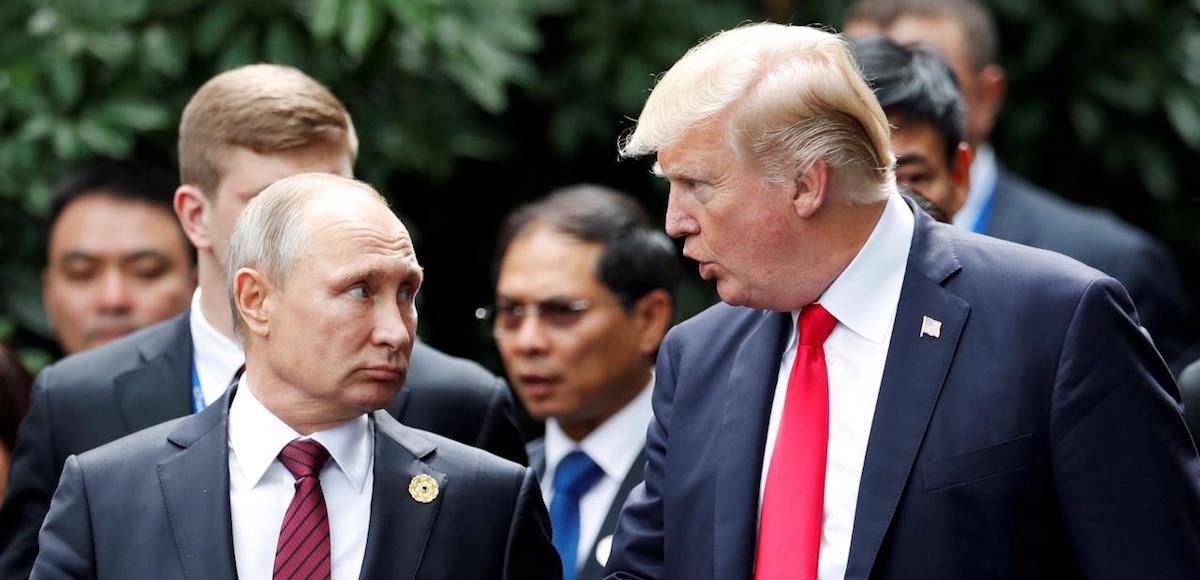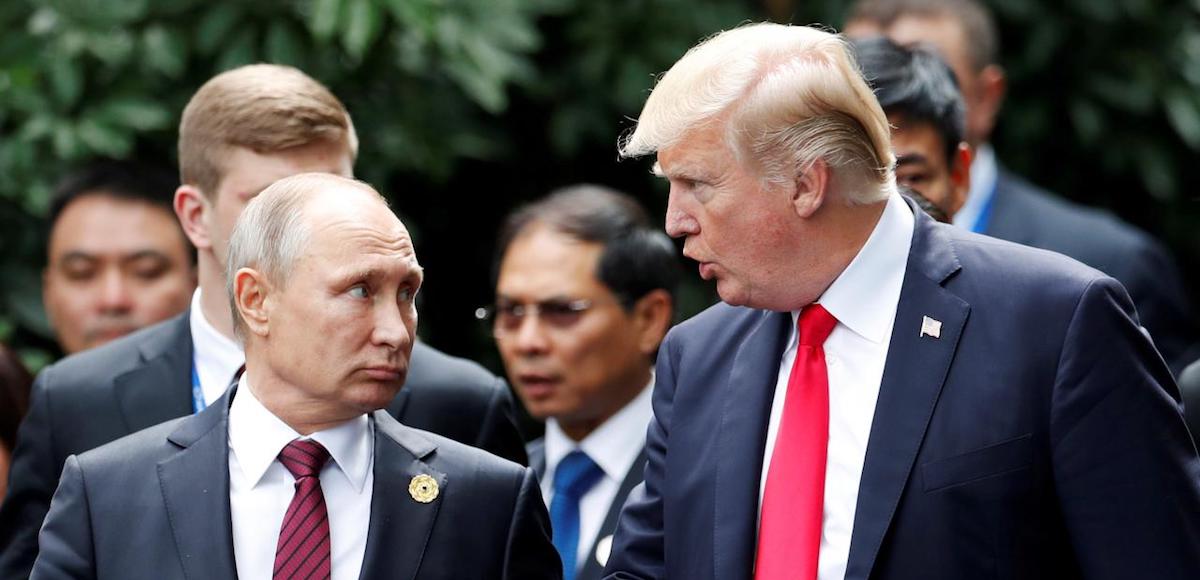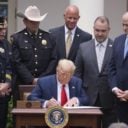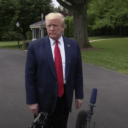

U.S. President Donald Trump and Russia’s President Vladimir Putin talk during the family photo session at the APEC Summit in Danang, Vietnam November 11, 2017. (Photo: Reuters)
In March, the Trump Administration expelled 60 Russian diplomats and intelligence operatives from the U.S. in response to the suspected use of a nerve agent to attempt to murder a British citizen and his daughter in Salisbury on March 4.
The attack put countless civilian lives at risk and in fact resulted in serious injury to 3 people, including a police officer. The U.S. State Department said they’ve conducted a review and determined new sanctions were appropriate under the Chemical and Biological Weapons Control and Warfare Elimination Act.
State Department Spokesperson Heather Nauert released the following the statement:
Following the use of a ‘Novichok’ nerve agent in an attempt to assassinate UK citizen Sergei Skripal and his daughter Yulia Skripal, the United States, on August 6, 2018, determined under the Chemical and Biological Weapons Control and Warfare Elimination Act of 1991 (CBW Act) that the Government of the Russian Federation has used chemical or biological weapons in violation of international law or has used lethal chemical or biological weapons against its own nationals.
The Chemical and Biological Weapons Control and Warfare Elimination Act of 1991 (H.R.3409) places several requirements on the President of the United States.
First, it requires the commander-in-chief to use U.S. export control laws to control the export of goods, services and technologies that he determines would assist a country in acquiring the capability to produce or use such weapons.
Second, it requires the president “to impose certain sanctions against foreign persons if he determines that they knowingly contributed to the efforts of a country to acquire, use, or stockpile chemical or biological weapons.”
Third, it requires the president “to make a determination with respect to whether a country has used chemical or biological weapons in violation of international law or has used lethal chemical or biological weapons against its own nationals.”
H.R.3409, which amended the Export Administration Act of 1979, also authorizes “specified congressional committees to request the President to make such determination with respect to the use of such weapons.”
There will now be a 15-day congressional notification period. The sanctions are expected to take effect on or around August 22, upon publication of a notice in the Federal Register.
Fourteen nations belonging to the EU and Ukraine have also announced expulsions. Ukrainian President Petro Poroshenko said his decision was made “in the spirit of solidarity with our British partners and transatlantic allies and in coordination with EU countries.”
It’s a reactionary response, the Kremlin expelled 60 U.S. diplomats and closed the consulate in St. Petersburg.
Meanwhile, the Russian Embassy in the U.S. called the new sanctions “draconian” and the allegations against Russia “far-fetched accusations.”
“We grew accustomed to not hearing any facts or evidence,” the Russian diplomatic office said. “The American side refused to answer our follow-up questions, claiming that the information is classified.”
The new sanctions imposed on Moscow by the Trump Administration are estimated to impact 70% of the Russian economy, and 40% of the workforce.







